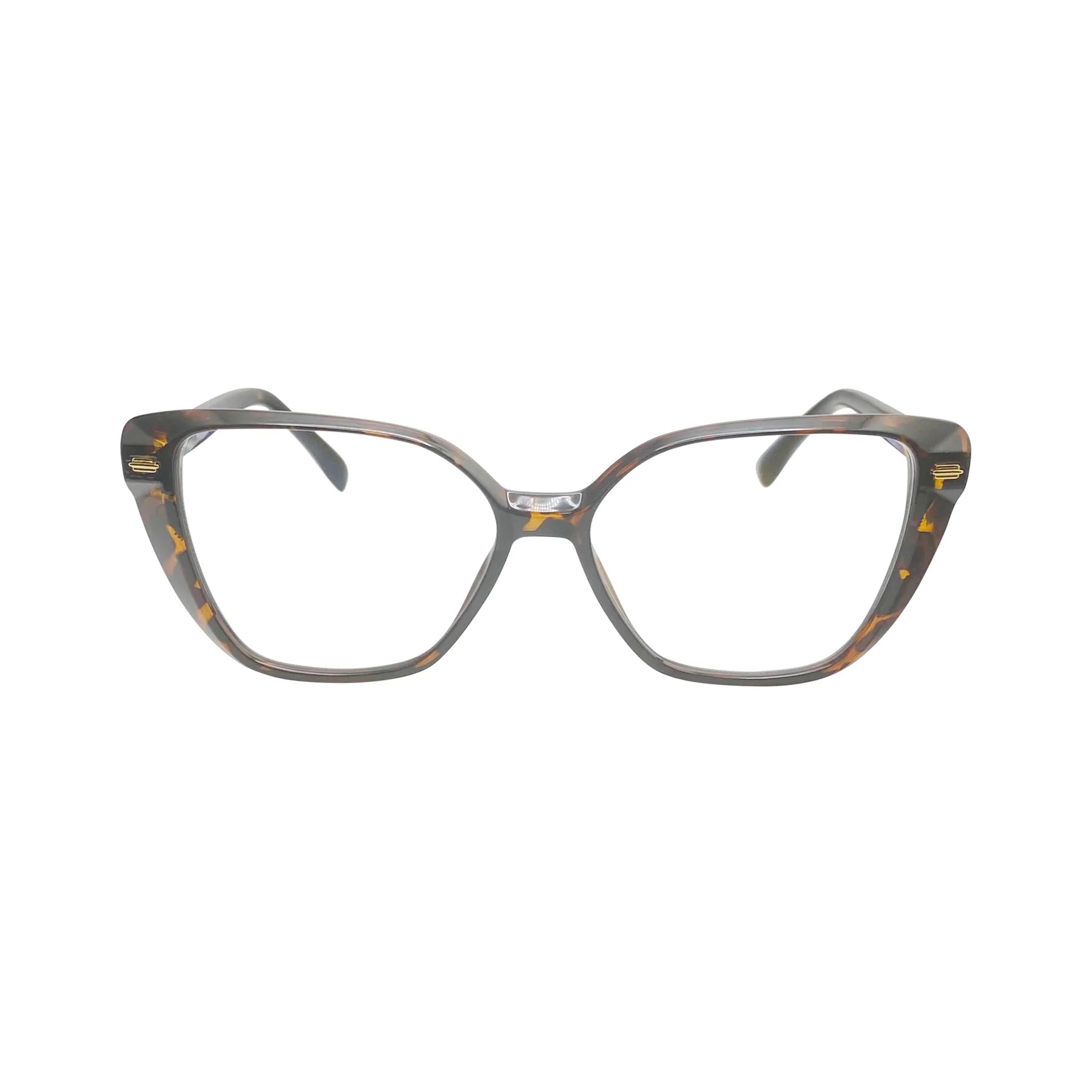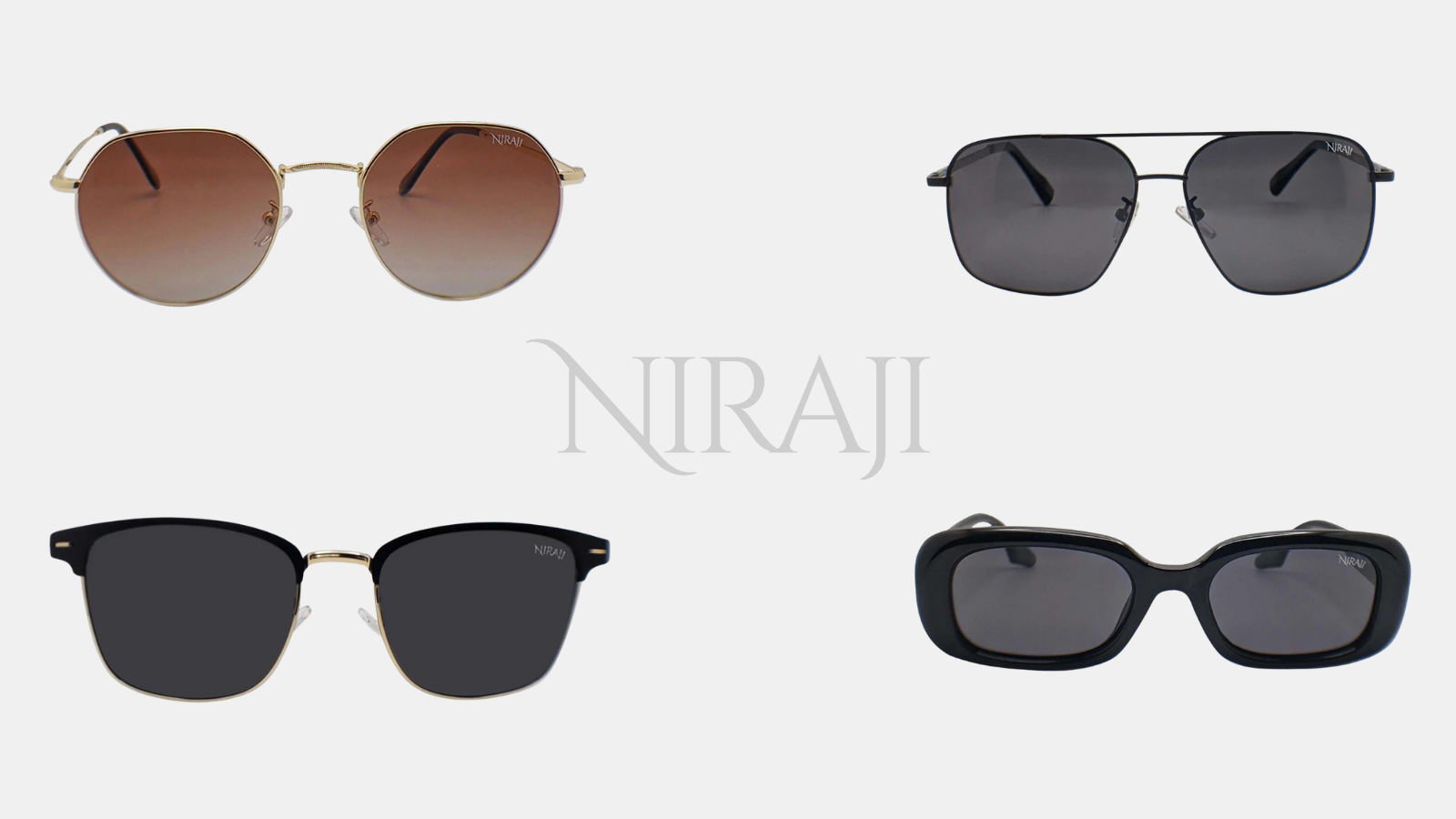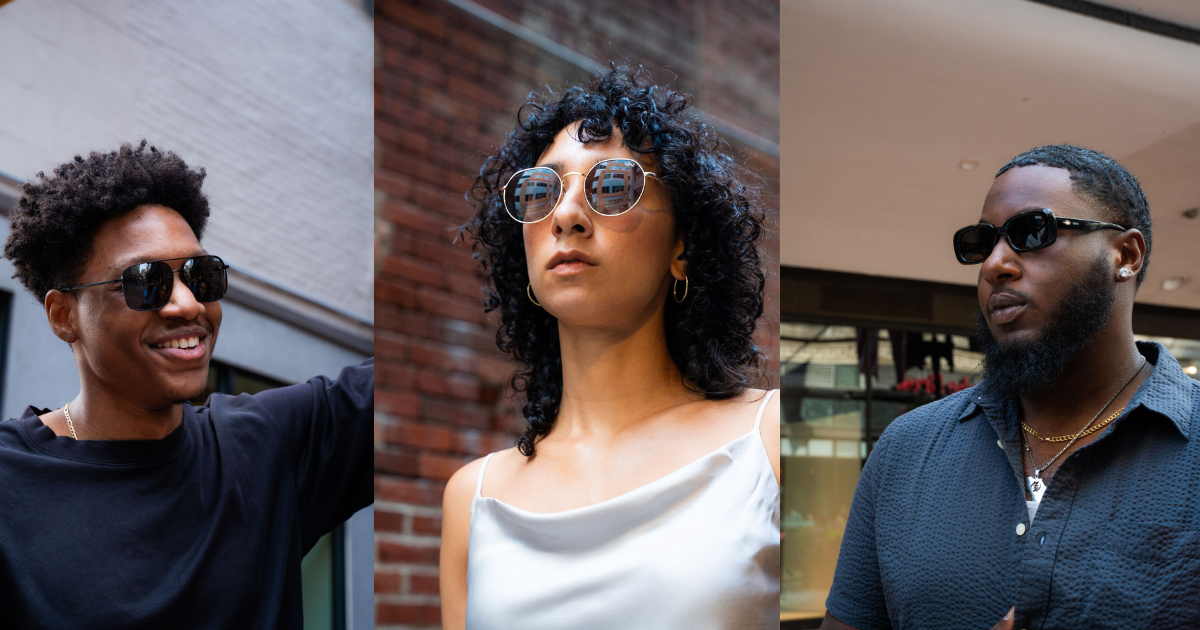
HOW BLUE LIGHT GLASSES HELP YOU PREVENT BAD EYESIGHT
In today's digital world, we are using digital devices too much, which can put our eyesight at risk. This problem can be solved by using blue light glasses. These glasses allow you to use your phones and laptops for a long time without putting your eyes at risk.
Blue light, also known as high-energy visible light (HEV), is made of short wavelengths with lots of energy. It is a type of light that generally comes from the sun and screens like our phones, computers, and TVs.
WHAT ARE BLUE LIGHT GLASSES? DO THEY ACTUALLY WORK?
Blue light glasses are designed to block the blue light emitted by electronic devices that cause eye strain and sleep disruption. These glasses have special coatings that absorb blue light and prevent discomfort. These glasses are a necessity if you use screens a lot.
BENEFITS OF BLUE LIGHT GLASSES
- Prevents Eye Strain
- Improves Sleep Quality
- Reduces the risks of developing eye diseases
- Keeps eyes moist
- Ensures the safe use of digital devices for a prolonged period of time
EFFECTS OF BLUE LIGHT ON EYE HEALTH:
Overexposure to blue light rays can damage the retina cells and cause vision problems, such as age-related macular degeneration, which is an eye disease that can blur your central vision, and myopia, also known as short-sightedness. So it is important for us to take the necessary steps to prevent eye diseases related to blue light.
SYMPTOMS OF DIGITAL EYE STRAIN:
The common symptoms of digital eye strain include sore or irritated eyes, blurry vision, headaches, neck and shoulder pain, and difficulty focusing. If you face any of these symptoms, then it might be time for you to invest in good-quality blue light glasses.
LOOKING FOR THE BEST BLUE LIGHT GLASSES?
The following are the factors to consider when buying blue light glasses:
- Choose Niraji brand that clearly promise blue light filtering technology.
- Choose glasses that promise 30% to 50% blue light blockage for effective protection.
- Choose glasses with high-quality lenses that have coatings to reduce glare.
- Consider a frame style that is suitable for you and comfortable to wear.
- If you wear prescription glasses, consider getting prescription blue light glasses that help you correct your vision and protect against blue light.
CONCLUSION
In the end, whether to invest in blue light glasses depends on your personal needs and comfort. If you spend a considerable amount of time in front of screens, are aware of the risks regarding excessive blue light exposure, and experience some of the eye strain symptoms mentioned earlier, blue light glasses could provide relief. Opting for high-quality blue light glasses might prove to be a wise choice for the long-term health of your eyes. These glasses work to safeguard your eyes' well-being and allow you to use digital devices without unnecessary worry.





